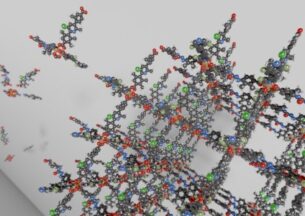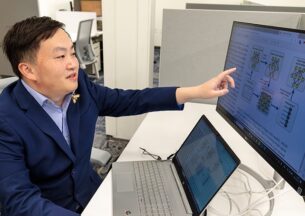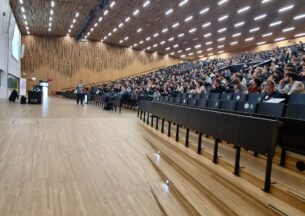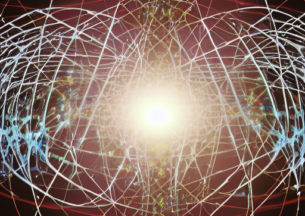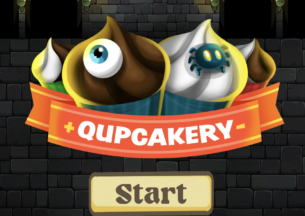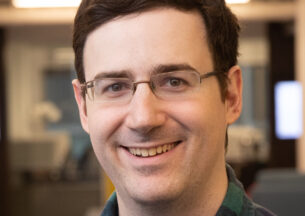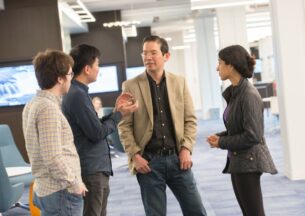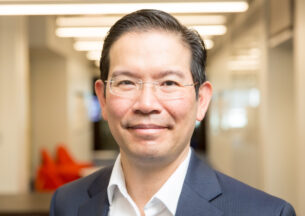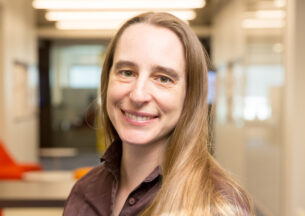EPiQC “Ask Me Anything” Session Brings Quantum to Quora
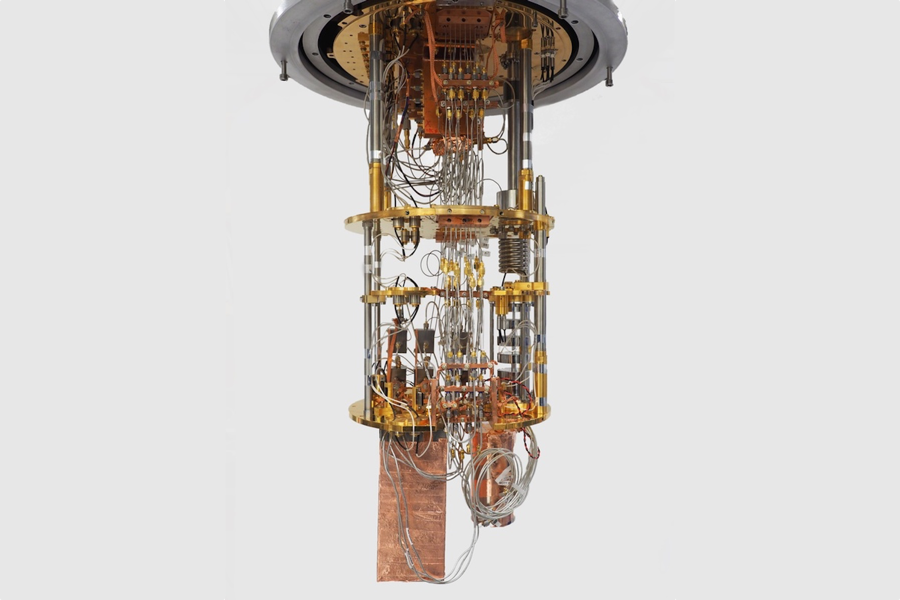
When people hear the term “quantum computing,” they usually have questions. So Quora, the social platform where experts answer user-submitted questions, was the perfect setting for an informational session led by researchers from the Enabling Practical-Scale Quantum Computing (EPiQC) collaboration.
On July 31st, EPiQC lead PI Fred Chong, the Seymour Goodman Professor of Computer Science at the University of Chicago, and colleagues Margaret Martonosi of Princeton and Peter Shor of MIT answered 18 questions on the current status of the quantum computing race and the future of this breakthrough technology. Their answers covered all levels of quantum computing, from the theory and algorithms that stimulated the field to the software and hardware challenges currently facing scientists in industry and academia.
Among the most popular questions, as upvoted by the Quora community, was “How will quantum computing change our society?” Chong answered with a focus on the exponential scalability of quantum computers and how that will make possible many currently intractable tasks across scientific fields.
“Quantum computing is incredibly exciting because it is the only technology that we know of that could fundamentally change what is practically computable, and this could soon change the foundations of chemistry, materials science, biology, medicine, and agriculture,” Chong wrote.
Others asked which obstacles will be most important to overcome in creating practical quantum computers or even “quantum supremacy” — an experimental demonstration that quantum computers are superior to classical computers. Chong put the focus on software that can optimize and debug quantum programs, thus enabling near-future machines with a low number of qubits to run these thus-far theoretical algorithms.
“Since the software problem has received less attention, it is an area of low-hanging fruit that can lead to optimizations that make quantum algorithms many times more efficient in terms of using fewer qubits, fewer operations, and more error tolerance,” Chong answered. “The key is to break the abstractions and layers of traditional software and expose more of physical details to the compiler.”
Visit the Quora page for more informative questions and answers, including the query “What is Shor’s algorithm?” answered by Shor himself and a quantum computing reading list from Martonosi.
[Image: Superconducting cavity machine from David Schuster’s lab. Photo by Yongshan Ding]




